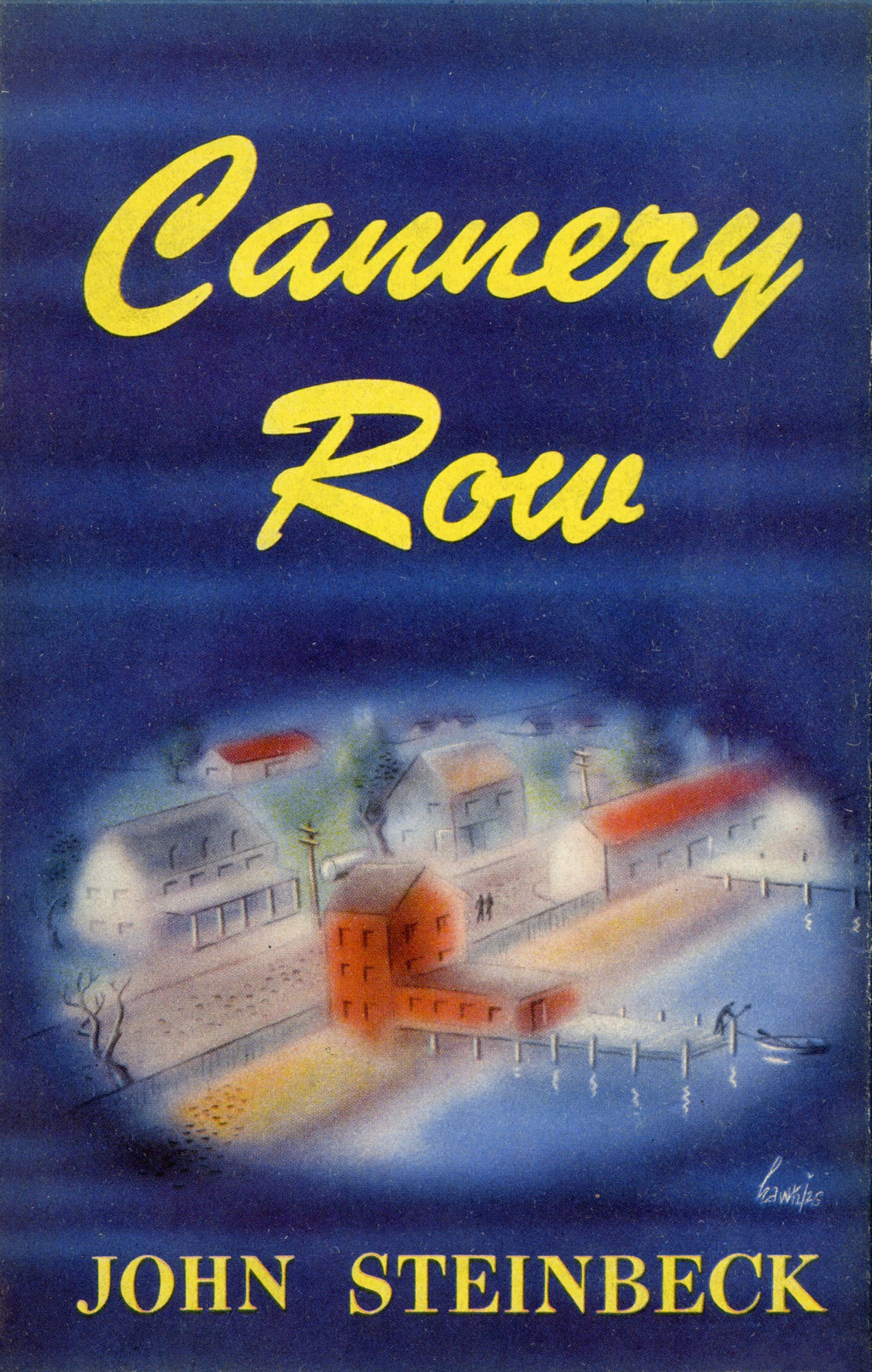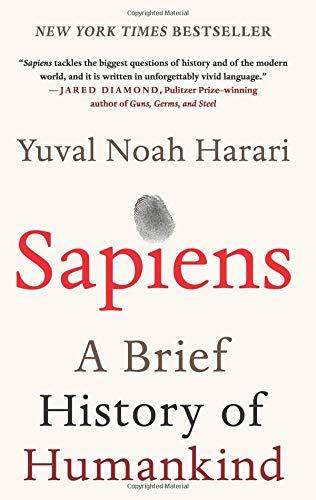William Blake is another example. Where poetry, music, science and beliefs crossover. No one discipline has all the answers, we need to connect them all to see the bigger universal picture. We are still learning, and we still have a long way to go. We must push the boundaries. Always! 
Atlas shrugged? That may be the second must important literary work every produced.
Man, I knew I liked you.
Currently on my docket again. I have probably read it 5x now. I just can’t get enough.

How to Make Your Computer Run 10x Faster
by Kris Occhipinti

An interesting read… Free to download, too.
I knew it!!
I knew the answer before clicking 
P.S. Great book, really on point 

Currently reading Name of the Wind.
Also, Reamde was one of my favorite Neal Stephenson books.

A kindle book that was a free offer.


The Space Between Worlds
by
Micaiah Johnson

Flowers for Algernon by Daniel Keyes
The Defence (“Защита Лужина”) by Vladimir Nabokov

![]()

Cheap cop thriller, but a fun read nonetheless.

What does it say? - “Go read the wiki”? 
"But the machine had a subtler effect on his work. One of Nietzsche’s friends, a composer, noticed a change in the style of his writing. His already terse prose had become even tighter, more telegraphic. “Perhaps you will through this instrument even take to a new idiom,” the friend wrote in a letter, noting that, in his own work, his “‘thoughts’ in music and language often depend on the quality of pen and paper.”*
“You are right,” Nietzsche replied, “our writing equipment takes part in the forming of our thoughts.” Under the sway of the machine, writes the German media scholar Friedrich A. Kittler , Nietzsche’s prose ‘changed from arguments to aphorisms, from thoughts to puns, from rhetoric to telegram style.’ "
But the machine had a subtler effect on his work. One of Nietzsche’s friends, a composer, noticed a change in the style of his writing. His already terse prose had become even tighter, more telegraphic. “Perhaps you will through this instrument even take to a new idiom,” the friend wrote in a letter, noting that, in his own work, his “‘thoughts’ in music and language often depend on the quality of pen and paper.”
“You are right,” Nietzsche replied, “our writing equipment takes part in the forming of our thoughts.” Under the sway of the machine, writes the German media scholar Friedrich A. Kittler , Nietzsche’s prose ‘changed from arguments to aphorisms, from thoughts to puns, from rhetoric to telegram style.’
That penguin has seen sh stuff… 
Sapiens: A Brief History of Humankind ![]()
